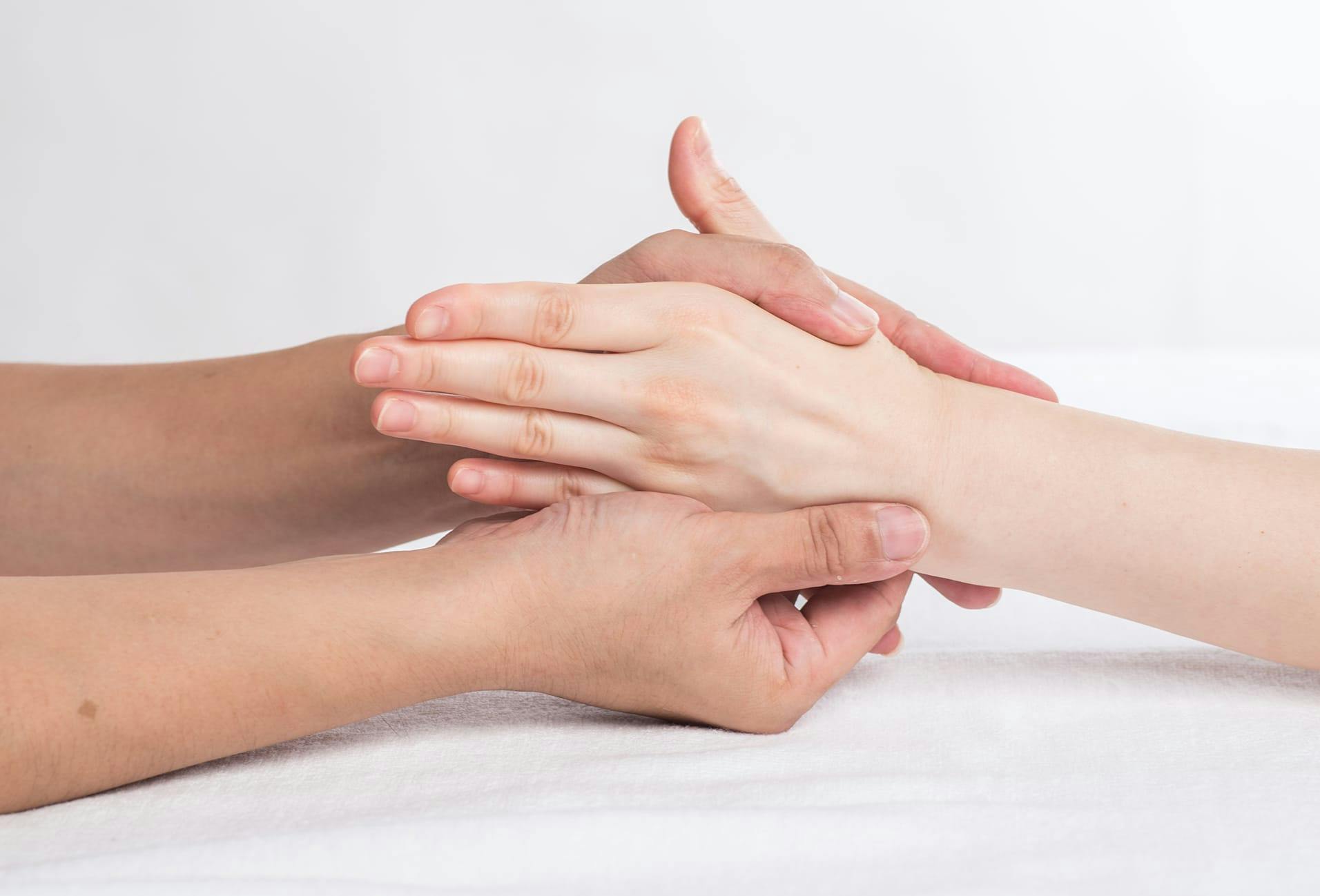Nerves are the body’s “telephone wiring” system that carries messages between the brain and the rest of the body.
Causes
Nerves can be damaged by too much pressure, by stretching, or by a cut. Carpal tunnel syndrome is an example of a problem that arises from too much pressure on the median nerve in the hand. Carpal tunnel syndrome can injure the median nerve slowly over time or, in the case of trauma to the area, it can occur much more quickly. A cut to the nerve can cause it to no longer transmit signals, because the signal cannot jump through a gap in the nerve. Stretch injuries to the nerve can range from mild, temporary injury to a more severe, permanent injury. The extent of the injury depends on the amount of stretch.








